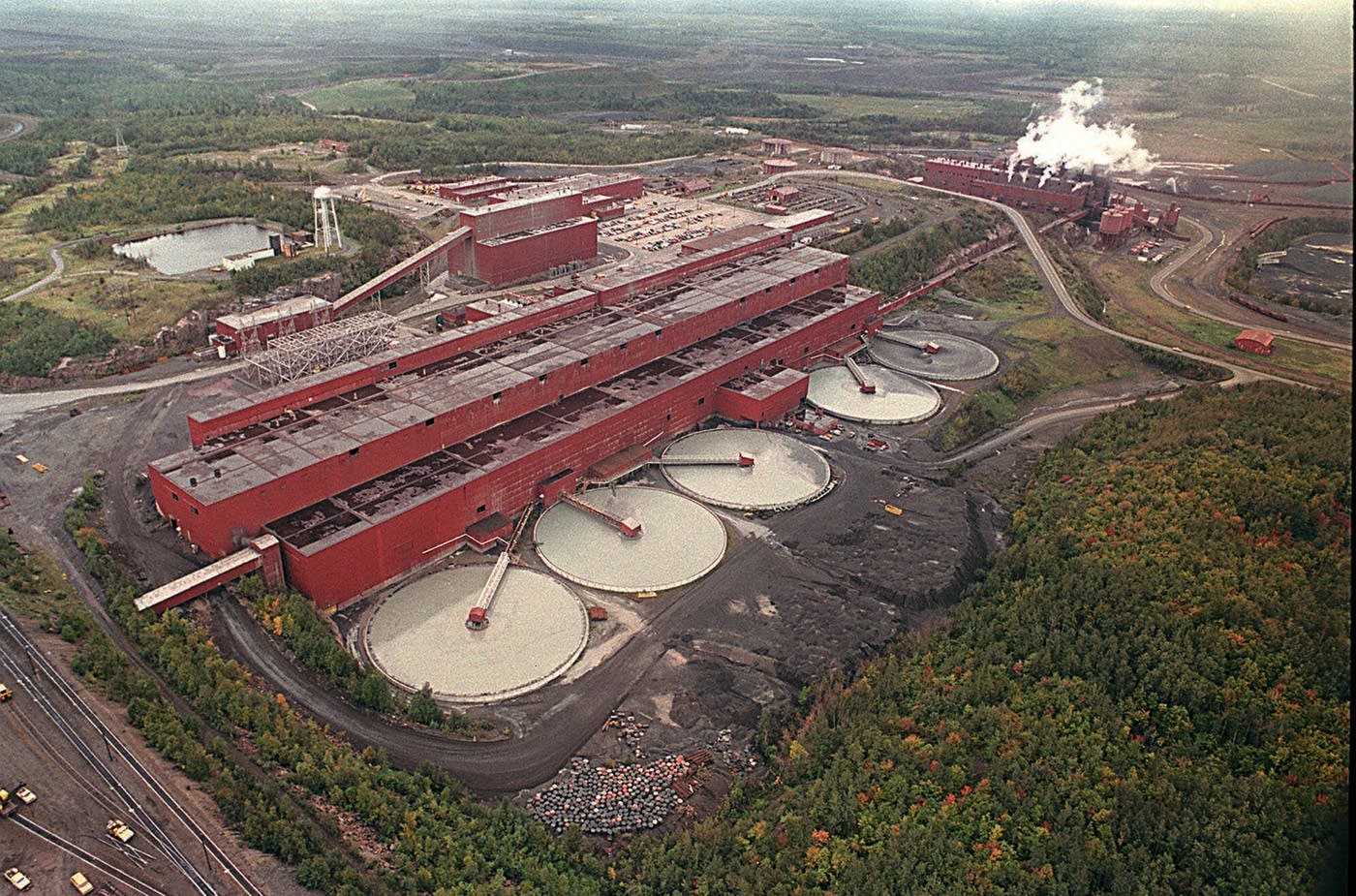Minnesota
Court offers mixed views on water permit for Minnesota mine that potentially threatens Lake Superior watershed

ST. PAUL, Minn. (AP) — A Minnesota appeals court on Monday issued a mixed opinion in a complicated case contesting one of the key permits that a St. Paul-based company needs to build what would be the state’s first copper-nickel mine.
The Minnesota Court of Appeals reversed a decision by regulators to issue the PolyMet Mining Corp. a water quality permit for the project, which is potentially threatening to the Lake Superior watershed and communities along the St. Louis River.
It now goes back to the Minnesota Pollution Control Agency to determine whether any pollution discharges from the mine into groundwater would violate the federal Clean Water Act.
However, the three-judge panel rejected several other arguments from PolyMet’s opponents.
Among them, there was a demand for more stringent limits on the treated wastewater that’s discharged from the mine and a call for a contested case hearing to gather more evidence and testimony on certain aspects of the permit before a neutral judge, Minnesota Public Radio News reported.
Both sides said they were happy with the decision.
“This is a huge victory,” said Paula Maccabee, advocacy director and counsel for WaterLegacy, one of the groups that challenged the permit.
WaterLegacy says that PolyMet proposes to blast and dig over 500 million tons of waste rock and ore from the ground over 20 years. The PolyMet deposit is a low-grade deposit, with a higher concentration of sulfur than of copper and nickel combined. Over 99% of what would be dug out of the ground from the PolyMet mine would be waste. The mine would leave behind two huge contaminated mine pits, a 526-acre permanent waste rock site, a toxic hydrometallurgical waste disposal site and a huge tailings waste basin.
Jon Cherry, PolyMet president, chairman and CEO, said the company is “pleased that we have prevailed on the majority of the issues” and court has narrowed the case down to a single dispute.
Back in 2018, PolyMet estimatesd the mine would cost $945 million, as Cherry was complaining then about the cost of inflation. Previous estimates had put the tab around $650 million.
While it means an additional delay for the contentious project, it does not put a stop to the $1 billion open-pit mine that PolyMet has proposed near the towns of Babbitt and Hoyt Lakes.
“We conclude that the PCA erred by not properly considering whether the federal Clean Water Act applies to any future discharges from PolyMet’s facility to groundwater. But we conclude that there is no reversible error with respect to all other issues that have been raised by the parties,” the judges wrote in the 39-page opinion.
The ruling is just the latest step in a long legal battle that opponents to the PolyMet project have waged since the state first approved it more than three years ago. Several other key permits that PolyMet needs to begin construction also remain tied up in litigation or have been remanded to state agencies for additional work.
The company says the mine would create hundreds of jobs while supplying metals that the U.S. economy needs. Environmentalists have fought it because of the potential for acid mine drainage.
